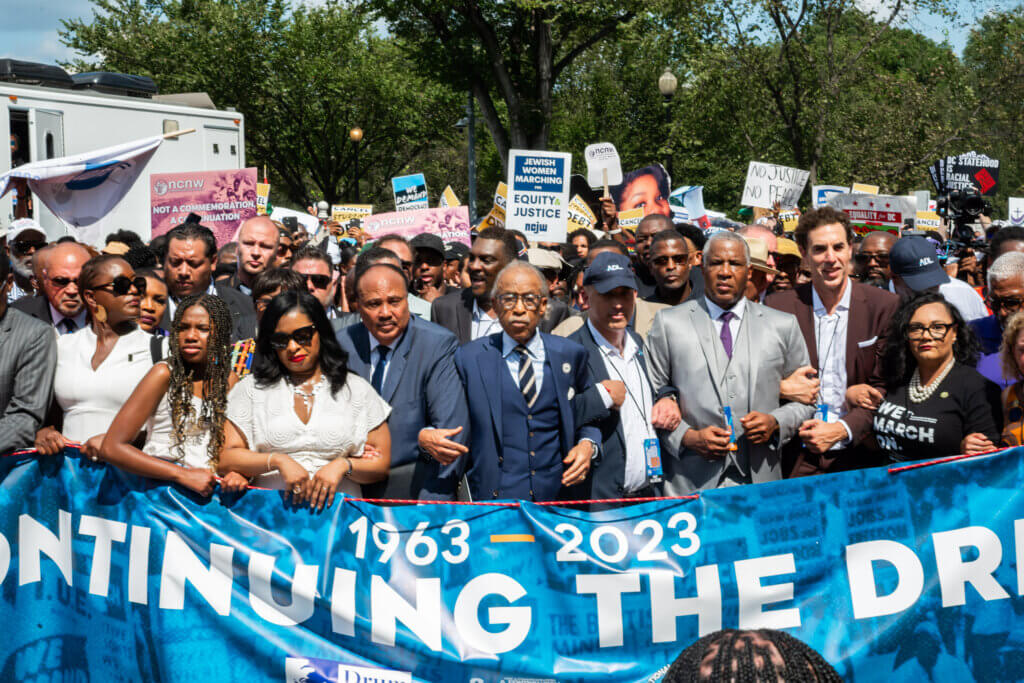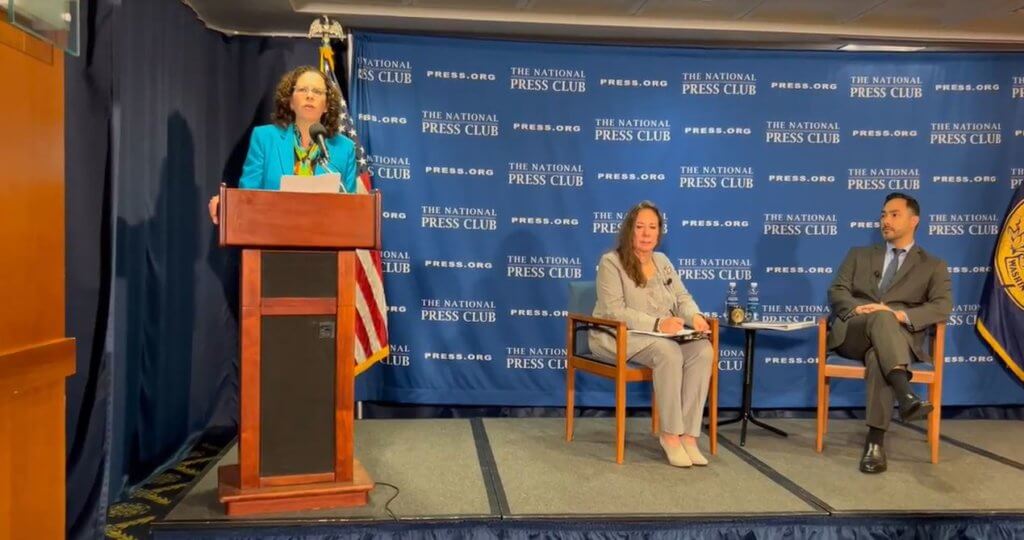Fine-print racism in housing policies: City ordinances have targeted Latino families
By Julissa Arce, Activist, Writer, and Producer
Keep up with the latest from UnidosUS
Sign up for the weekly UnidosUS Action Network newsletter delivered every Thursday.
Driven by fears of shifting demographics, municipalities across the country, and particularly in the South, have passed city ordinances to keep undocumented immigrants and Latino citizens out of their city limits. In states like Texas and Florida, lawmakers have passed regulations that make it impossible to obtain basic utilities without a Social Security number or state ID. These laws are often veiled as a way to prevent fraud, but in truth these requirements are designed to keep Black and brown people out.
In 2017, the National Immigration Law Center, the Georgia State Conference of the NAACP, Project South, and others sued the city of LaGrange, Georgia, for their law requiring a Social Security number to open a water account, and for their practice to roll over unpaid court fines and fees from municipal court onto a person’s utility bills. In 2020, the city settled the lawsuit agreeing to end these requirements.
But as of 2018, more than a dozen cities continued these practices. To open a water account in Augusta, Georgia, one needs to provide a picture ID and proof of a Social Security number. In Dothan, Alabama, you need a state ID to open a utility account, and of course, undocumented immigrants cannot get state IDs in Alabama. It is inhumane that anyone should go without water, that they should freeze without gas, or have to withstand simmering heat without electricity because of their immigration status or lack of access to these documents. Remember, this doesn’t just affect unauthorized immigrants, these exclusionary policies also harm U.S. citizen and other lawfully present members of these households.
In 2006, the cities of Hazleton, Pennsylvania, and Farmers Branch, Texas, passed laws that prohibited undocumented residents from renting housing properties, and made it illegal for landlords to rent to them. While these laws were eventually struck down in court, more than 100 other municipalities passed similar measures, including a law Fremont, Nebraska passed in 2010 that made it illegal for anyone to “harbor an illegal alien,” by leasing or renting to them.
In other places, racism is found in the fine print; it shows up in things like parking regulations that limit the number of cars that can park in a single house, or “bloodline” occupancy policies that restrict how many people can live in single-family homes, by the bloodline relationship or “occupancy standards” that limit the number of people per bedroom. These rules clearly target Latino families who have one of the largest percentages of multi-generational households and larger families in general.
But for all of their efforts, according to the Pew Research Center, the South had the fastest growth in Latino population since 2010. Overall, we accounted for half of the population growth in the United States over the last decade. We are here to stay, and we’ll continue to fight against oppressive laws at every level of government.



